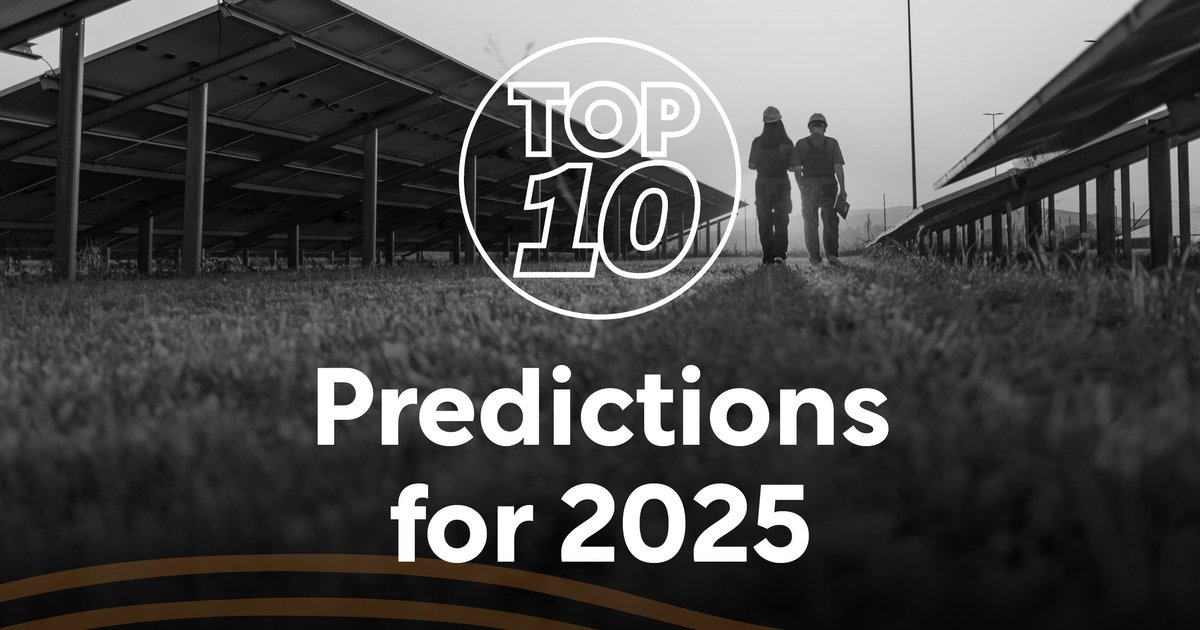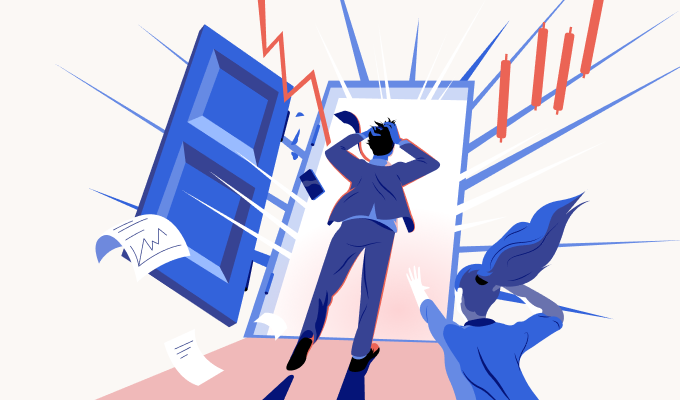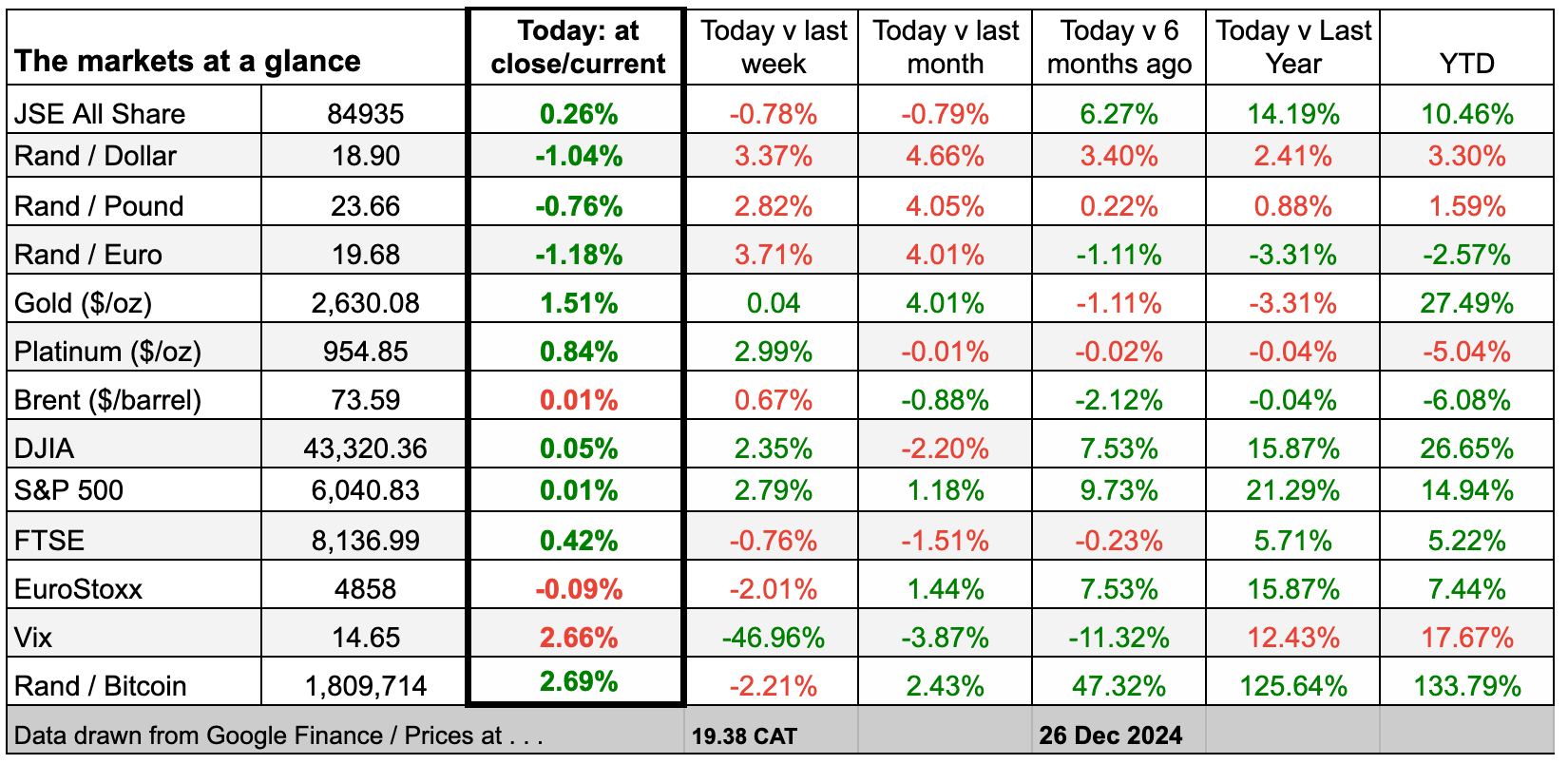One of my favourite prediction jokes is about the person who asked an astrologer what 2025 would bring and the astrologer replied, “Well … it is very cloudy, but there is a 100% chance of stars.”
And isn’t that the thing about predictions? If the predictions are very likely, then they are probably pretty useless. If the predictions are very unlikely but come true, they would be useful. However, since they are most likely unlikely, the probability of their utility is low. So just how useful are predictions anyway?
I like not what they tell you about the future but what they tell you about yourself or your current circumstances. Ironically, predictions are not so much about the future but about your present expectations of the future. I guess that is part of the reason professional predictors tend to hedge their bets and provide cryptic answers.
This explained the hypnotic pull of the Oracle of Delphi, who often made predictions capable of multiple interpretations. Famously, the Oracle told King Croesus of Lydia that if he crossed the Halys River, a great empire would fall. He interpreted this prediction to mean he would defeat the Persians instead, he lost his empire, which fell to Cyrus the Great.
But at the start of a new year, if you don’t make predictions, you are wimping out. They don’t have to all be right, but they will demonstrate a line in the sand that specifies your current expectations. Predictions should be viewed as a component of planning.
And so here are my five predictions about South Africa and the world in 2025. I’ll add other lists of predictions and some of my favourites at the bottom, just for fun.
1: The South African Government of National Unity will hold during 2025.
I reason that the party that makes or breaks the GNU is the Democratic Alliance; positive and negative forces hold the DA within the alliance, at least for the time being. As a member of the GNU, the DA increases its viability as a party that can represent all South Africans and not just a collection of minorities. Notably, the racial bile that the African National Congress (ANC) typically poured on the DA has now more or less come to a halt. The opinion polls show that the GNU is modestly boosting the support of both the DA and the ANC, putting a positive pressure on both parties.
In addition, the GNU was tested before Christmas by the Basic Education Laws Amendment Act, parts of which constituted a threat to the DA’s Afrikaans-speaking supporters because, technically, it allows the education department to overrule a decision of parents at a school on the topic of the main medium of instruction. What the ANC’s hotheads and their supporting trade unions want is to be able to force Afrikaans schools to teach in indigenous languages, nominally to avoid a form of ongoing education Apartheid. The DA’s Afrikaans-speaking supporters, which is most of them, want to try and keep “their” schools out of the grasp of the stultifying and stupifying grip of the teachers’ unions, which have spent the past 30 years aggressively depressing teaching standards in the name of what is described as “progressive teaching”, i.e. bad teaching.
Yet, the whole contentious matter was quickly resolved at the ANC/DA “clearing house”, with the DA agreeing to the legislation, with the stipulation that DA education minister Siviwe Gwarube would draw up the regulations addressing the contentious clauses. Done and dusted. It was all pretty impressive.
The situation is improved by the gradual unwinding of the EFF and the chaos of the MK party. The split between the two left-wing parties tends to increase the stakes for the ANC to walk away from the GNU. That the left wing is now split down the middle limits the options for the ANC’s hotheads, of which there are plenty, particularly in the regions.
2: SA will get a sovereign rating upgrade in 2025.
Two things about the SA economy almost go without saying: first, it's likely to improve and second, it's won't improve sufficiently to be even moderately adequate. The consensus of official GDP growth for the year of around 1.4% seems about right to me. So why the rating upgrade?
Well, essentially because when your economic performance is awful, small improvements make a big difference and we are now in a period of incremental movement upwards. Last month when S&P increased SA’s rating outlook from stable to positive, it suggested there was a one-in-three chance of an actual increase in the country's sovereign rating.
I think there is a good chance that will happen this year, bearing in mind how far SA has fallen. SA’s current S&P rating is BB-, which is three notches below investment grade. How hard can it be to improve from there? SA’s inflation is now firmly under control and the Treasury is proving sufficiently tightfisted for the omens to look a little better. More importantly, the longer load-shedding stays away, the more business confidence will gradually and quietly slip back.
Still, it will be a hard mountain to climb. It's worth noting that Brazil is also on a BB- rating, and its GDP growth is around double that of SA’s and has been for a number of years. But the rating agencies like to be ahead of the curve, so I’m hopeful.
3: SA won’t get close to getting off the Financial Action Task Force (FATF) greylist.
Now and then, you read about how SA is “making progress” in getting itself off the FATF greylist. Well, you know, don’t hold your breath. The problem is that what FATF requires is not only for countries on the take action to prevent money laundering but that they also take some action against people who launder the money.
To me, it's just incredible how few completely open and shut cases of financial impropriety are languishing in legal never-never land, as though they never happened. The reason is not only that SA lacks the expertise to bring these cases to court, but I suspect that actually, the political class just doesn't feel motivated enough to press them forward; that includes the prosecuting authorities, the politicians, and the investigators. The cancer of corruption has metastasised so far that the danger of political fallout is now too high for these cases to get resolved. That’s just the fact of it, and so long as that is the case, I think SA’s chances of getting off the list are slim.
4: 2025 will be a record year for M&A in South Africa.
The year 2024 will go down as an extraordinary year for unsuccessful mergers and acquisitions in SA. Think of the R800-billion bid made by Australian mining giant BHP for Anglo American, which was pulled at the last minute. There was also Vodacom's planned merger with fibre group Maziv, which was blocked by SA’s competition tribunal.
But there are a whole bunch of pending deals that I suspect will get over the line in 2025, including French cable company Canal+’s R31-billion to buy MultiChoice and possibly also the R22.8-billion buyout offer from management and Saudi Arabia-based group Zahid for Barloworld.
Dealmaking bounced back in 2024. It really has been an incredible year: think of Capital & Regional snapped up by Britain’s NewRiver for more than R3-billion, African Bank taking over Sasfin Bank’s finance businesses for R3.25-billion, and UK-based Taylor Maritime buying Grindrod Shipping for R10-billion. The list just goes on and on.
The reason is obvious: SA companies are cheap. Very cheap. The average price-to-earnings (P/E) ratio for companies listed on the Johannesburg Stock Exchange (JSE) is currently about 17. That’s up on the three-year average, which was sitting at an incredible 11, demonstrating what a bit of M&A does for valuations. Still, the current value is only half the value of the S&P500, which means even premium acquisitions can be accretive for the buyer. In short, expect more.
5: SA wakes up to AI this year.
The easiest prediction possibly in all of history is that AI is going to be a thing in 2025, but exactly how is most interesting. There is a fabulous list below of these predictions.

Excluded from the list is the geographical spread of AI, which is now moving rapidly from the centres to the peripheries. Just one example: this year I spoke to Karl Westvig, the new CEO of Tyme Bank; it won’t come as much of a surprise that I learned this digital bank is onto AI like a bee to honey. But the speed with which AI has simplified, cheapened, and assisted the bank's growth is eyeopening, particularly in customer interaction and new product build-out. This is now rippling through the corporate world around the globe, but you can bet organisations with skills shortages and big technology needs (hello, South Africa) are going to be in the front of the queue.
Ok, that’s it. Here is a list of other predictions that I don’t vouch for in the least because predictions are hard. But at least we know one thing: there is a 100% chance of stars.




Thank you for reading this post; please remember to forward it to a friend if you think they may be interested. And ... of course, happy, prosperous and delightful new year!







Join the conversation